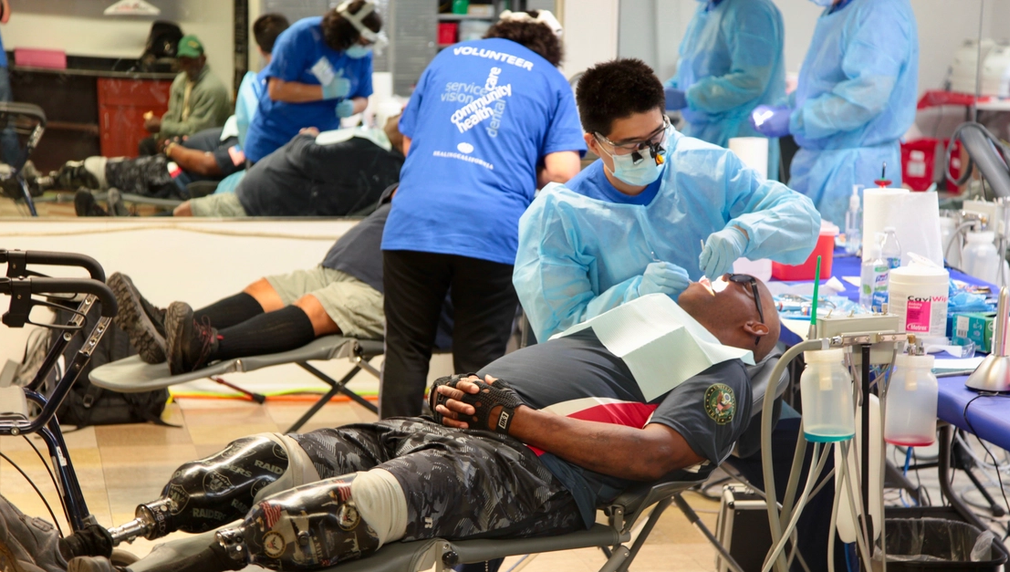by Manal Alkindi, June 7 2025
When I get sick, I book a doctor’s appointment online. I show up, swipe my insurance card, and I’m seen—usually within an hour. I might complain about the wait, but I don’t have to wonder if I’ll be turned away. I don’t have to explain why I don’t have an ID. I don’t have to worry about being judged for how I smell or what I’m wearing.
But for people experiencing homelessness, accessing basic healthcare can feel like navigating a locked system without a key. And in a country that spends more per capita on healthcare than almost any other, that’s deeply disturbing.
Being Sick on the Streets
Homelessness doesn’t just increase your risk of illness—it makes recovery almost impossible. Without a clean place to sleep, store medication, or even shower, people dealing with chronic illness, wounds, infections, or mental health struggles are constantly fighting an uphill battle.
According to the National Health Care for the Homeless Council (NHCHC), people experiencing homelessness are far more likely to suffer from chronic conditions like diabetes, hypertension, heart disease, and mental illness—and they are three to four times more likely to die prematurely than the general population [1].
And yet, many go without care entirely.
The System Isn’t Built for Them
Most clinics and hospitals assume certain things: that you have an ID, an address, a phone, maybe even insurance. But these are luxuries many unhoused people don’t have. And without them, people can be denied care—or fall through the cracks entirely.
Even when they do get access, it’s often through emergency rooms, which are overburdened, expensive, and not designed for long-term or preventative care. This leads to a cruel cycle: people get sicker, go to the ER, get discharged without a safe place to recover, and end up back in the ER days or weeks later. It’s costly, exhausting, and entirely preventable.
In 2022, HUD reported that nearly half of all emergency room visits by people experiencing homelessness were for conditions that could have been managed by outpatient care—if only that care had been accessible [2].
Real Solutions Exist—We Just Don’t Prioritize Them
There are models that work. Mobile clinics, community outreach teams, and Housing First programs with integrated healthcare have shown incredible results. When people have housing, they’re better able to keep appointments, take medications, and follow up with providers. Their ER visits go down. Their health outcomes go up.
The problem isn’t that we don’t know what works but rather we don’t invest in it.
I’ve never experienced homelessness, but I’ve had moments in my life where I avoided going to the doctor because of the cost. I’ve sat in waiting rooms feeling anxious about medical bills. And I’ve wondered, What if I didn’t have insurance? What if I didn’t have an address? What if I didn’t have anyone at all?
The more I learned, the more I realized that homelessness isn't just a housing crisis—it's a healthcare crisis too. You can't heal without stability. You can't stay healthy when you're treated as invisible.
1. National Health Care for the Homeless Council (2022). “Homelessness & Health: What’s the Connection?”
2. U.S. Department of Health and Human Services. (2022). “Health and Homelessness: Integrating Services to Improve Health Outcomes”


No comments:
Post a Comment